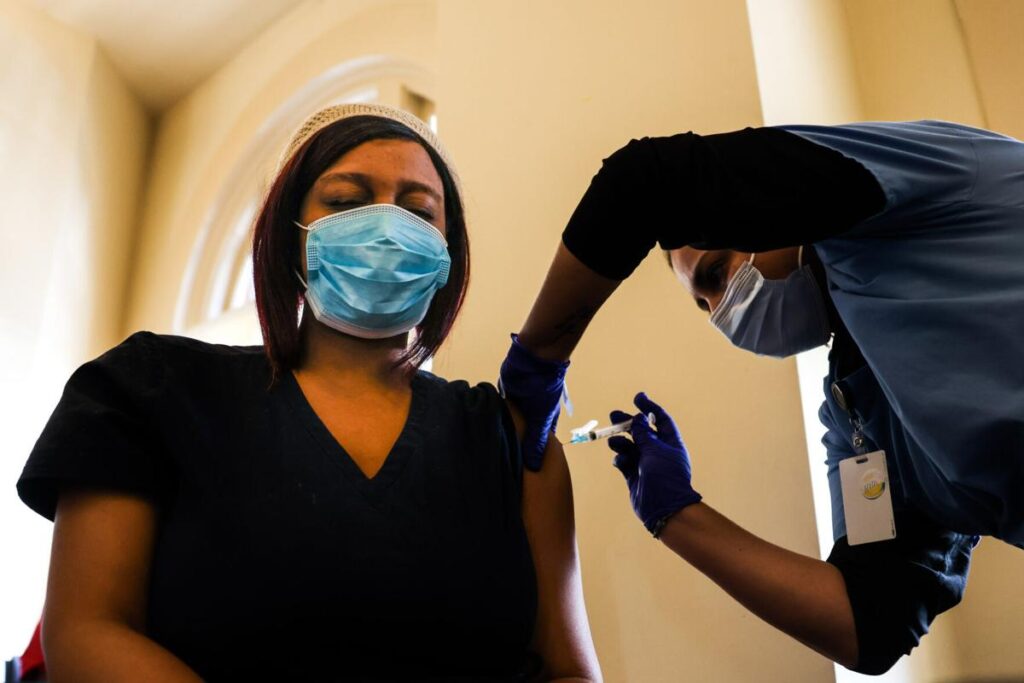George: Orange is not the new black when it comes to toxic spills

In 2013, Gov. John Hickenlooper bragged to the U.S. Senate Subcommittee on Energy that he drank fracking fluid with oil and gas industry representatives in his office. Days after the Animas River spill, our enterprising governor, shockingly, drank from the river. But the governor’s well-publicized stunt drinks don’t fool the public: there’s no place for toxic spills in our waterways.
As a proud Colorado native, I treasure the iconic beauty I believe makes this state the best place to call home. Majestic mountains and mesas support a wondrous array of flora and fauna that rely on the health of our many rushing rivers. But industrial spills compromise the very ecosystems Coloradans prize, and the recent Animas River mining spill is a tragic and brightly colored reminder that resource extraction has no place in our watersheds.
The millions of gallons of fluorescent-orange, toxic water — full of elevated levels of arsenic, lead, cadmium, aluminum and copper — now threaten fish, wildlife, drinking water, recreation and the tourism industry throughout the Southwest. Three weeks after the spill, we are just learning the true impacts of the Animas River spill: millions without access to their taxpayer-funded clean water; contaminated water on the Navajo Nation; and untold damage to the economy and environment through the Southwest.
But orange is definitely not the new black when it comes to the threat of toxic spills in our waterways. Alarmingly, a darker specter hovers above Denver, where potential hydraulic fracturing threatens 280,000 acres of land in the headwaters of South Platte River. The area supplies nearly 40 percent of Denver’s drinking water supply. It also supports thousands of jobs in the outdoor industry — fishing, rafting and kayaking — and draws hundreds of thousands of visitors each year. Opening Denver’s watershed to fracking would place the South Platte at risk for the same type of toxic spill fouling the Animas. The color would be less dramatic, but the toxic chemicals released would be just as dangerous to the wildlife and people who rely on the water source.
The chemicals used in fracking fluid — just like those spilled into the Animas River — are highly harmful to humans. According to the Endocrine Disruption Network, 25 percent of the chemicals used in fracking fluid could cause cancer, and 37 percent could disrupt the endocrine system.
And spills will be inevitable if our decision-makers allow fracking in these headwaters. According to the Colorado Oil and Gas Conversation Commission, Colorado experiences on average two oil-and-gas spills per day. In just one instance last year, 7,500 gallons of fracking fluid poured into the Poudre River. When the South Platte River is contaminated — like the Poudre, like the Animas — who will pay the cleanup costs? Who will compensate the business owners whose livelihoods rely on clean water? And who will rebuild Colorado’s reputation as a paragon of wild and scenic places?
While the accusations about who is to blame for the Animas tragedy fly fast, the unprecedented spill should serve as a wake-up call to all Coloradans — and especially to our elected officials. The newly inaugurated Denver City Council has an opportunity to influence an ongoing Bureau of Land Management planning process in the South Platte Basin to ensure that thousands of acres in our watershed are not opened up to fracking. Keeping fracking out of our watershed is the surest way to prevent accidents and spills. Rather than be forced to tell Denver residents to avoid drinking their water after a spill, it would behoove them to proactively encourage the BLM to prevent drilling in Denver’s watershed from the outset.
Rep. Diana DeGette, moreover, can help permanently protect the South Platte and her constituents. She should immediately sign on as a co-sponsor of the Protect Our Public Lands Act, which would prohibit fracking on federal lands, including the 280,000 at risk of being fracked in Denver’s watershed. By continuing to refuse to co-sponsor this critically needed legislation, Rep. DeGette puts all of us at risk of future fiascos like the one plaguing the Animas.
Enacting POPLA might cut off Gov. Hickenlooper’s supply of toxic-spill cocktails but keeping fracking out of the headwaters of the South Platte River would protect Denver’s drinking water. And I’ll drink to that.
Caitlin Seeley George was born in Colorado and raised in Boulder. She now lives in the Denver area, where she works for Food & Water Watch.













